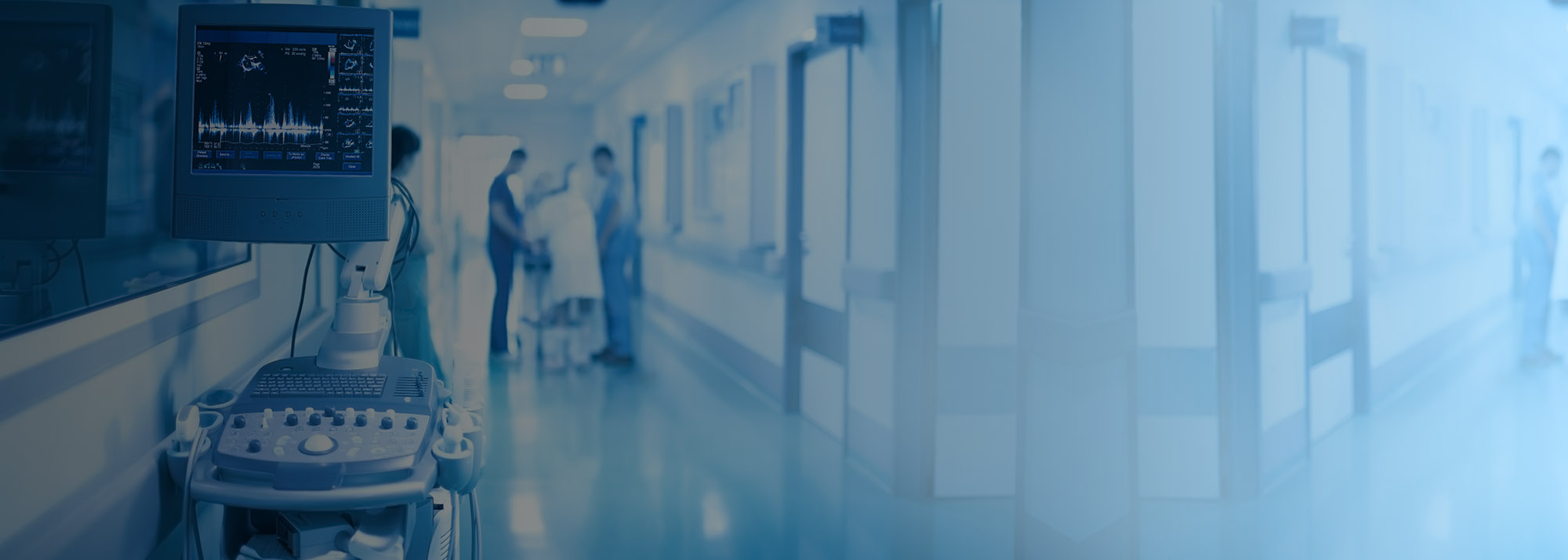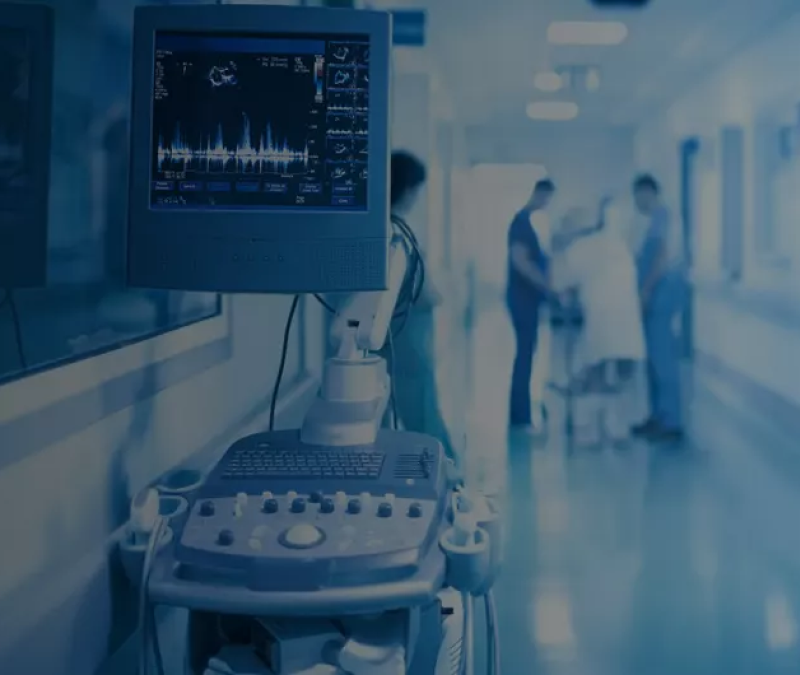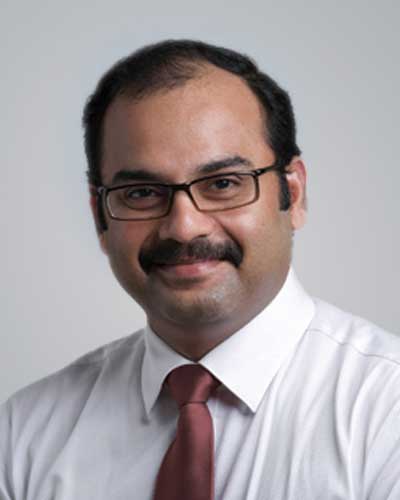An integral support function for all Specialities, the Department of Anaesthesiology and Critical Care provides inter-disciplinary medical care based on applications of Anaesthesia in surgery, Diagnostics, Critical Care and Pain management, with an optimal, evidence-based approach.
From providing patient-centred perioperative clinical services in Surgery to induction of Anaesthesia for diagnostic and radiation procedures to rendering quality care to the critically ill and assisting in chronic pain management, the ALS/BLS trained team of Anaesthesiologists, with the help of high-tech clinical support, extends expert services to all specialities at all times, efficiently.
Advanced Technology & Facilities
Well equipped with the latest medical equipment, modern technology & infrastructure, Aster Hospital is one of the best hospitals in India.
FAQs
Want to find out more about the treatment? The answer to your questions can be found below.
What is the role of a critical care physician in a patient's treatment journey?
Critical care physicians in Ongole examine patients’ critical illnesses and diseases through a comprehensive monitoring process. This process includes a physical examination, diagnostic and imaging tests, analysis of previous reports, identification of potential side effects and associated risks, and, after considering all steps, treatment of patients with the best treatment plan.


























